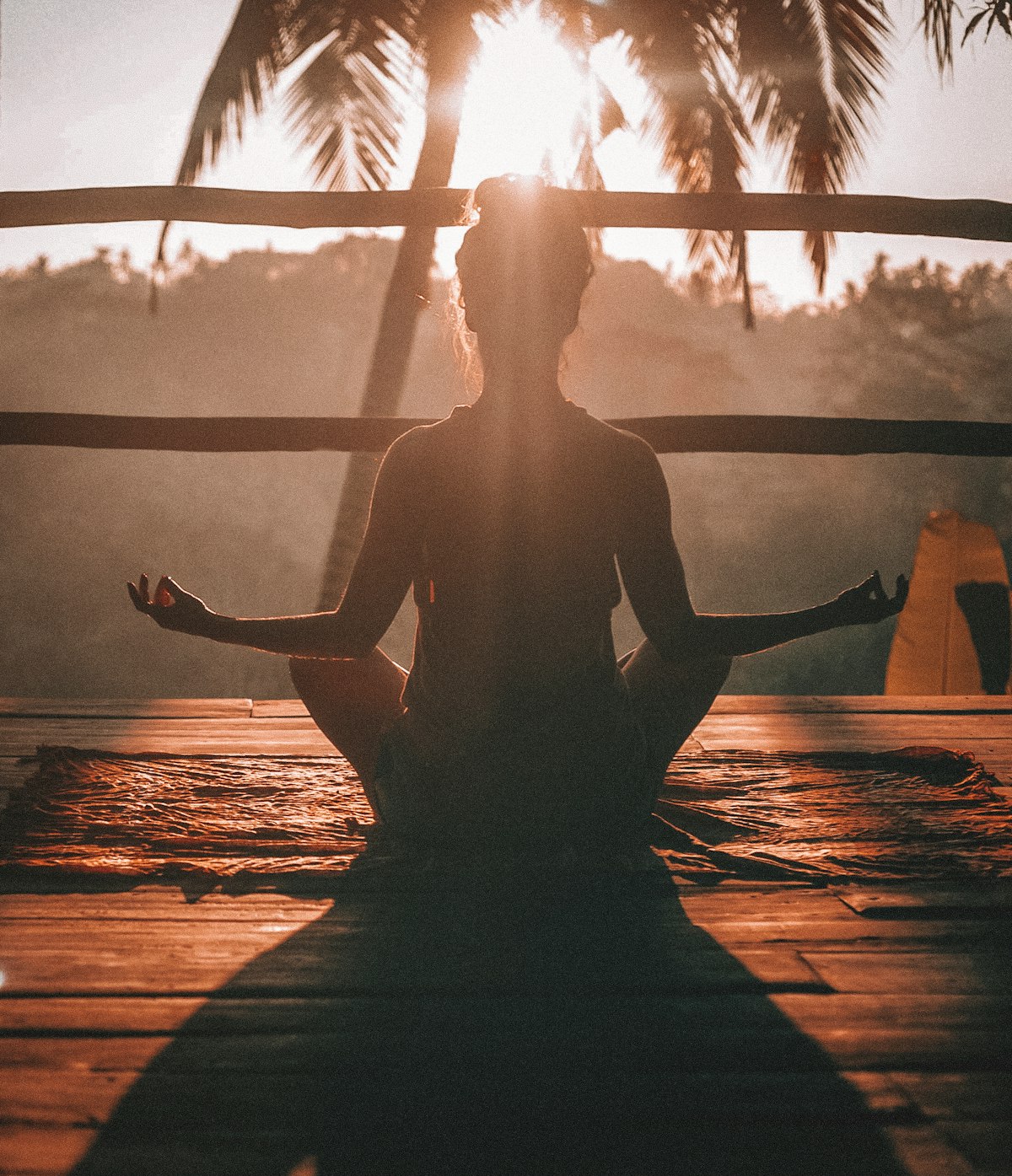Personal Retreats

Every year I take a weekend to myself and go on a personal retreat. This tradition started years ago when I took a sick day from work and rode my bike from Atlanta to Alabama and back. When I returned I felt like I had been on vacation for weeks: my energy and spirit were renewed and I was overflowing with ideas (and my legs were sore as hell). The hours of mindless riding had given me time to think.
I decided to make it a tradition. Over the years, the activities have grown less physical but the core purpose remains the same:
- Get away from typical activities
- Get quiet
- Think about my long-term goals across areas of my life
- Generate ideas
I type up the following questions before the retreat:
For my roles (father / husband / employee / human being, etc.):
- Am I headed in the right direction?
- What could I be doing better?
- What should I stop doing?
- If I took my role as (insert role) more seriously, what would I change?
- If I was to be judged only by one role which would I want it to be and what next steps would I make to how I act in that role now?
I ask myself these questions (and type up a few short answers) before the retreat, and then I just try not to think and let my mind relax and wander. I have found that the insight and relaxation that comes from these retreats to be invaluable. I considered this tradition a personal quirk that flows from my natural inclination to be an introverted-ideation-thinker-type, so I was surprised to hear about the book The Zen Founder’s Guide to Founder Retreats.
The book discusses a “founder” retreat although its advice isn’t specific to startup founders. This little book contains some great advice that I agree with from my retreat experience:
Start the retreat out doing nothing to get the worries of the day away and shift your mindset to relax a bit more. Unplug very aggressively – this is a “time-in” not a “time-out” from work, but not the day-to-day.
My first retreat not-on-a-bike I found myself “catching up on work” which limited my success. The time away should be planned as a notification-less time as much as possible. The book recommends using pen and paper (what are those?) for the planning and note-taking to enforce this.
Reflect on your past growth and successes as well as planning for the future.
The book guides you through some reflection questions around optimizing your business and personal development viewed through your past. My natural tendency is to focus on areas of improvement which steers things negatively; this focused reflection reminds you of strengths.
Avoid making decisions when you are low-energy.
This really isn’t retreat-specific advice but is just good life advice. The book uses the acronym: HALT (don’t make a decision when Hungry, Angry, Lonely, or Tired) They also mention avoiding big decisions when Vengeful, Irritated, or Ashamed. No word on what you should do when Forgetful.
Ask Big Scary Questions.
Retreats are a great way to step back and ask scary questions such as “Am I in the right career field?“, “Should I quit my job and go pro with my juggling?” and “Can my marriage be saved what with all the fighting about juggling?”
The book goes over this very well and points out that retreats are the best time to ask these questions but don’t put pressure on yourself to have an answer by the end of the retreat; the point is to examine it under the positive conditions of the retreat to help the final decision-making process.
Overall I loved this quick read and recommend it and taking personal retreats (even if they are just an afternoon) to anyone with any serious responsibility. Check out The Zen Founder Guide to Founder Retreats on Gumroad.


